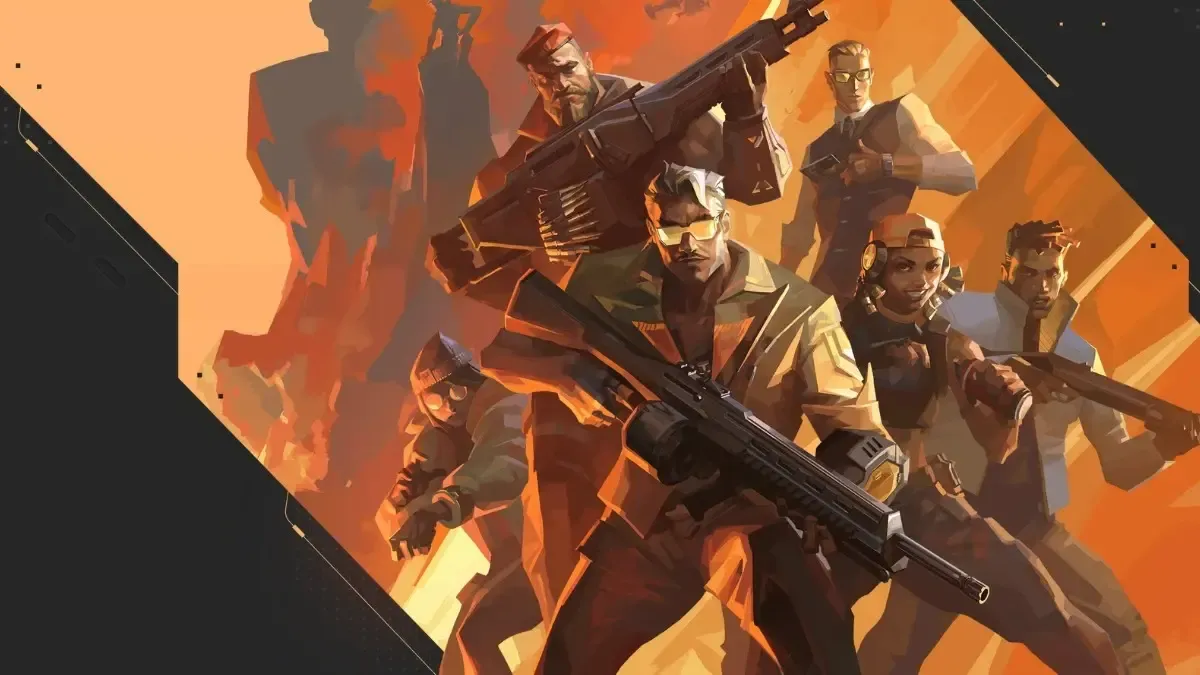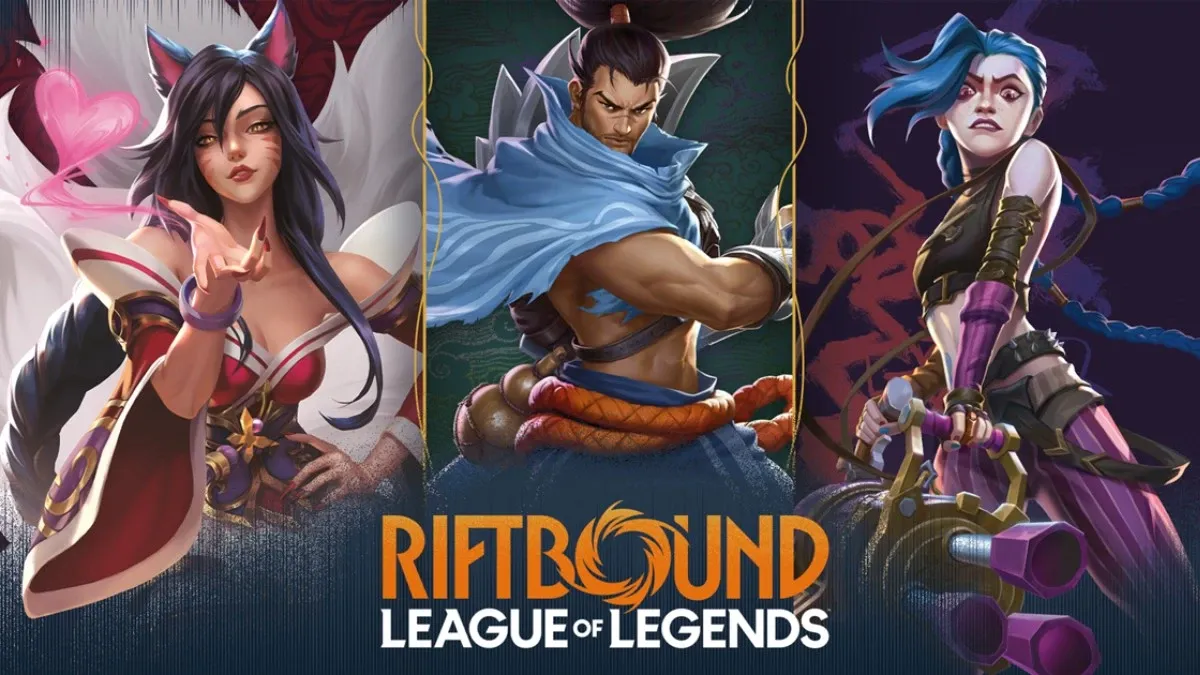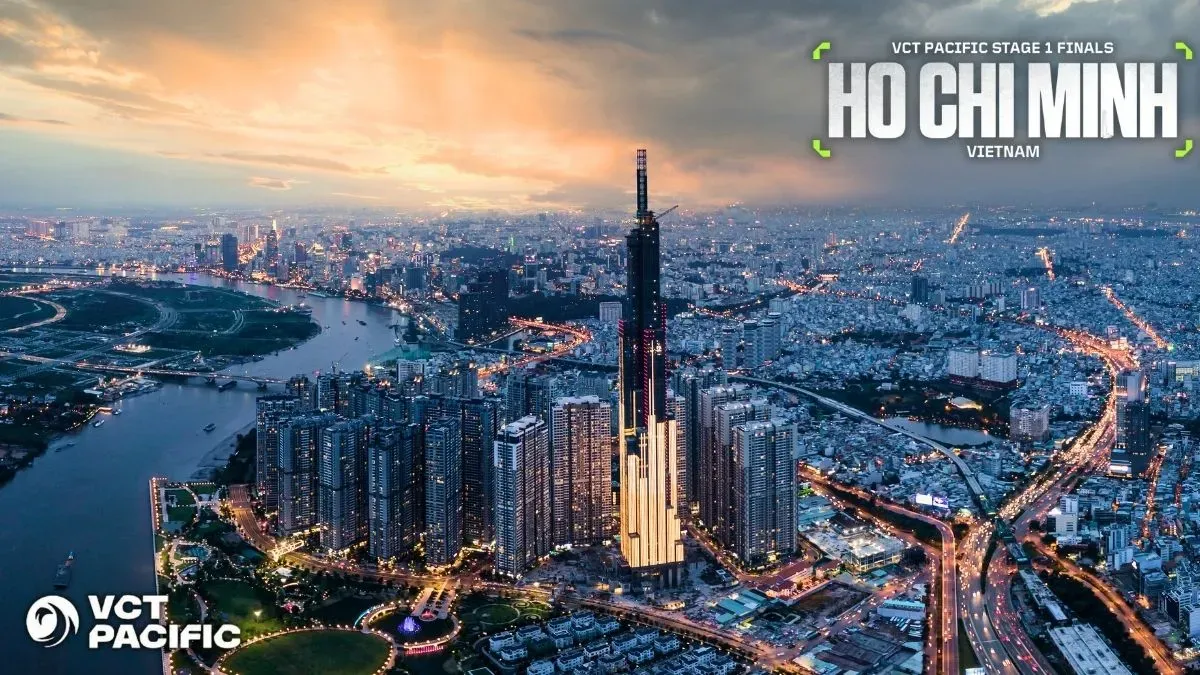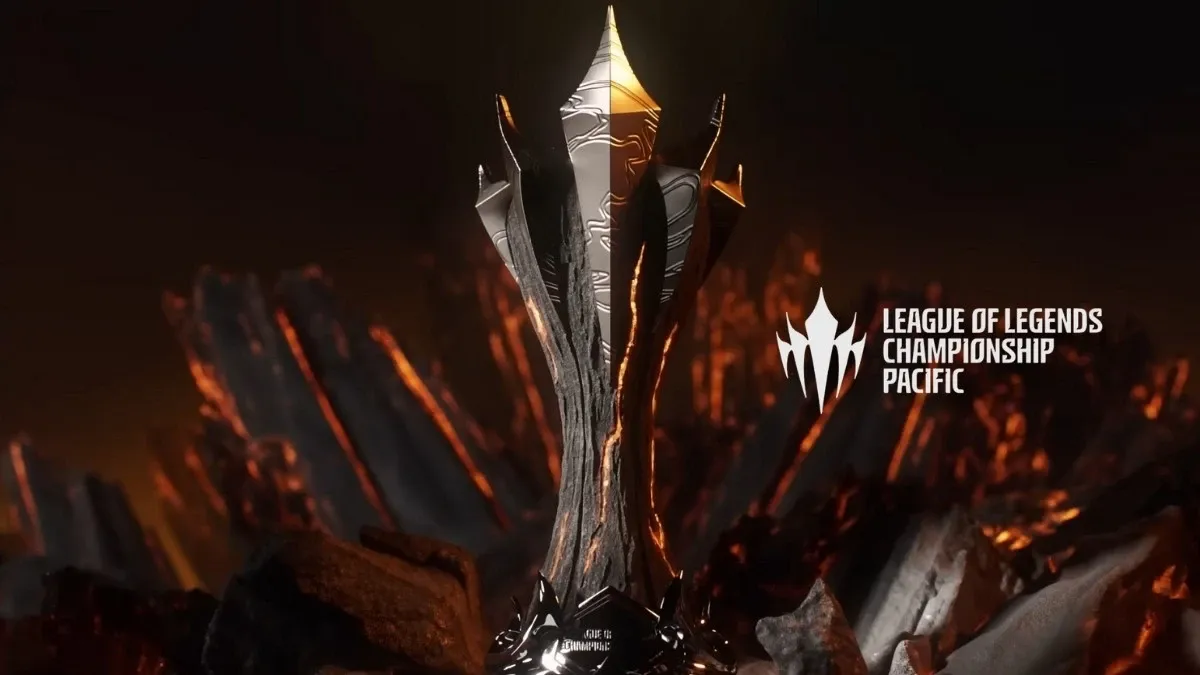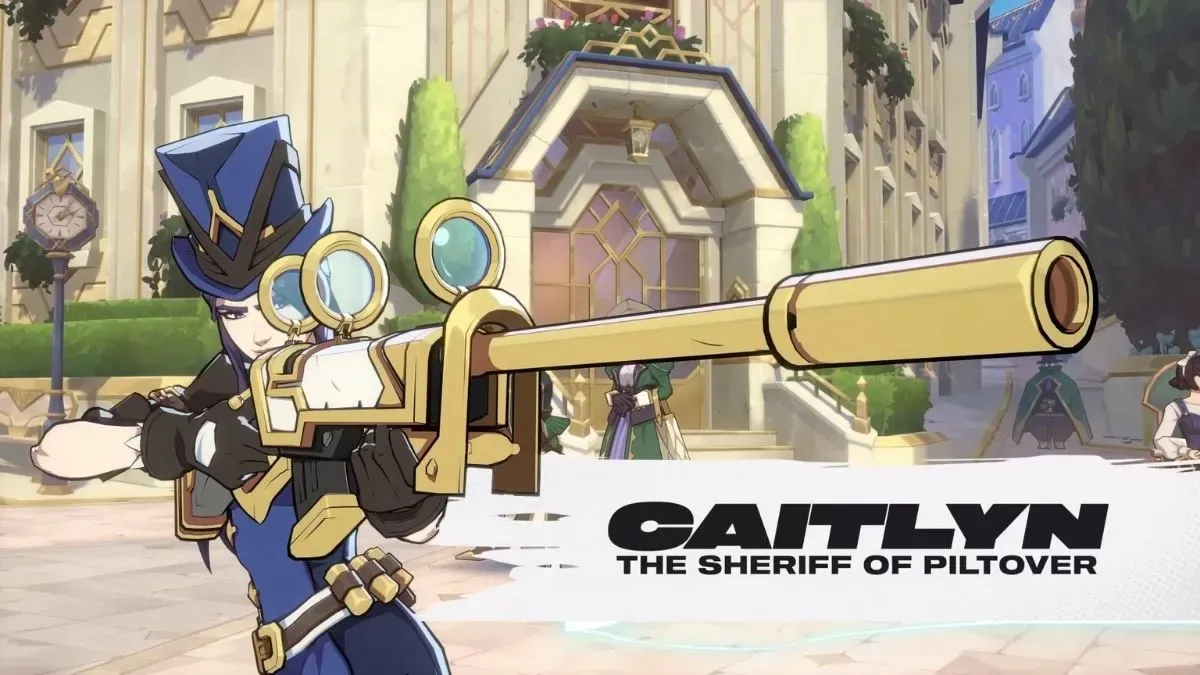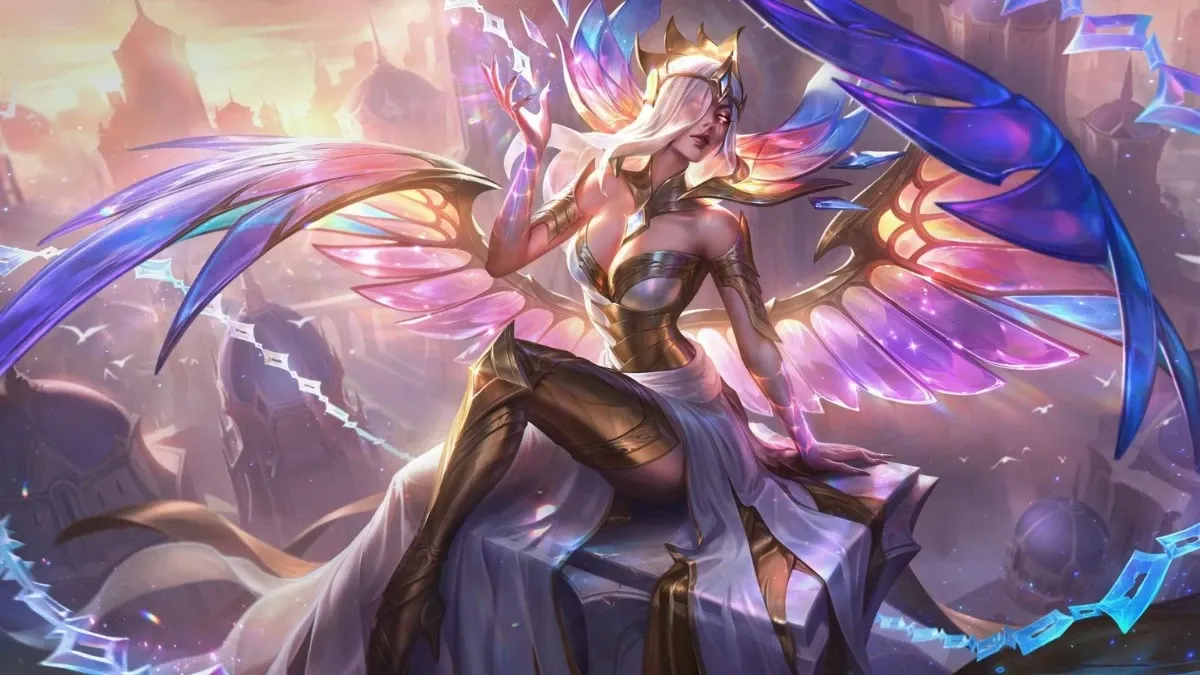The deal includes a global commercial agreement that will last three years for all three Riot Games titles.
Riot Games, the developer of League of Legends (LoL), VALORANT, and Teamfight Tactics (TFT), has announced a partnership with the Esports World Cup Foundation, granting license to the Esports World Cup for all three games for the next three years. This collaboration also includes a global commercial agreement encompassing in-broadcast activations across Riot’s major esports events.
The announcement was made on Tuesday (11 February) through a post on Riot Game’s official website.
This means VALORANT will be included in the 2025 Esports World Cup alongside LoL and TFT. In 2024, the popular fps by Riot Games wasn’t included due to scheduling conflicts in the esports calendar. The partnership will debut at the VALORANT Champions Tour (VCT) Masters Bangkok on 20 February 2025.
“Riot Games has shaped the cultural impact of competitive gaming, transforming esports into a global entertainment force,” Fabian Scheuermann, Chief Games Officer, Esports World Cup Foundation said in a report by Dexerto.
“With League of Legends’ iconic World Championship – which continues to set new standards for immersive experiences, VALORANT’s cultural collaborations, and Teamfight Tactics’ community-driven events, Riot has pioneered an ecosystem far beyond competition.”
“By bringing these titles to the Esports World Cup, we are not just celebrating elite gameplay – we are, together, expanding esports as a global entertainment movement, creating deeper connections with fans across gaming, music, and digital culture.”
Why Riot Games decided to continue their partnership with EWC
In the statement posted by Riot Games, the company explained its reasoning for continuing with the EWC partnership, stating that its initial participation was an opportunity to “evaluate the tournament experience and better understand its benefit to pro players and teams.”
According to Riot, feedback from participants was positive, especially because of the significant prize pool, which provided financial support for the teams.
Additionally, the tournament gave players from the MENA a rare opportunity to watch professional matches live, with viewership most packed with lively crowds during LoL matches where  T1 and LoL G.O.A.T. Lee “Faker” Sang hyeok won their first EWC trophy.
T1 and LoL G.O.A.T. Lee “Faker” Sang hyeok won their first EWC trophy.
This year, Riot has added VALORANT to the list of esports titles, citing "the incredible growth of its esports scene and the demand we’ve seen from teams and players to bring global VALORANT events to new regions." This move aligns with Riot’s broader efforts to create more competitive opportunities across all three games.
Riot emphasised that participation in the EWC remains “completely optional for teams, pros, talents, and creators,” and does not impact their standing in official Riot events.
"Esports has always been about more than just organizing tournaments. It’s about building something bigger: ecosystems that give pro players and teams opportunities to thrive while putting a spotlight on the best players in the world," Riot stated.
The company also acknowledged concerns regarding the partnership but reaffirmed that its focus remains on "creating meaningful opportunities for pros and teams, delivering unforgettable experiences to players around the world, and carefully navigating the complexities that come with operating on a global stage." Riot concluded by stating that it remains "committed to balancing these priorities in a way that serves players, teams, and the future of esports."
The EWC itself is scheduled for summer 2025, with exact dates yet to be announced. Following the EWC, Riot’s flagship events—VALORANT Champions and the League of Legends World Championship—will take place later in the year, with VALORANT Champions running from 12 September to 5 October, and Worlds being held in China from October to November.

